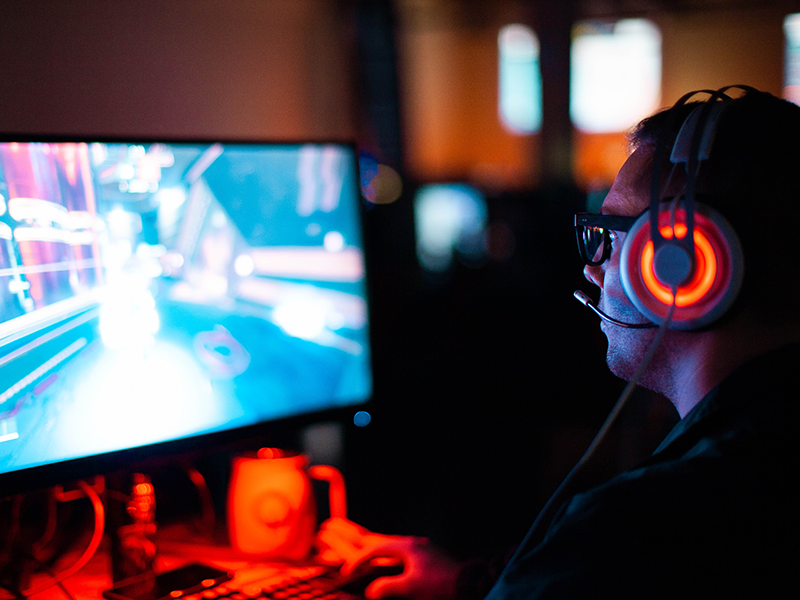50% rise in gaming disorder treatment
By Gemma Raw
Over 700 people have been treated by the NHS National Centre for Gaming Disorders (NCGD) since it opened its doors in October 2019, with an increase of 50% between 2021 and 2022.
With a team of consultant psychiatrists, psychologists, psychotherapists and family therapists, the NCGD is a multi-disciplinary clinic that provides treatment for people in England, aged 13 years and over, who have difficulty controlling their video game use and the impact it has on their lives. The Centre also provides support to parents, guardians and family members.
The NCGD doesn’t offer crisis interventions. Instead it works jointly with mental health teams, including community mental health nurses, with the aim of providing a comprehensive package of care in collaboration with other professionals.
What is gaming disorder?
Gaming disorder is when a person is unable to control how often they play video games. Those suffering from the disorder can spend up to 14 hours a day or more gaming, with some cases resulting in violence, school or work absence, breakdown in family relationships and general withdrawal from society.
In 2019, the World Health Organization (WHO) officially recognised gaming disorder as a classified disease. The classification states that, for gaming disorder to be diagnosed, the behaviour pattern must be of sufficient severity to result in significant impairment in personal, family, social, educational, occupational or other important areas of functioning and would normally have been evident for at least 12 months.
Gaming addiction can also lead to gambling addiction. In 2020, England’s top mental health nurse Claire Murdoch called on gaming companies to ban so-called ‘loot boxes’, which are gambling-like mechanisms that can lead to children spending large amounts of money without their parents’ knowledge. This followed the publication in December 2019 of Skins in the Game, a report by the Royal Society of Public Health (RSPH), which found that over half of young people believe that playing a mobile or video game could lead to gambling.
What treatment is available?
The NCGD provides assessment and therapy-based treatment, including CBT sessions focusing on controlling levels of gaming and increasing other activities. The Centre also offers family consultations, parent workshops, ongoing parent support groups and family therapy. The emphasis is on empowering people to gain more control over their gaming to achieve a sense of balance and ensure that it doesn’t impact negatively on other areas of their lives.
How are people referred to the NCGD?
The NCGD accepts self-referrals as well as referrals from family members and professionals, for example GPs and those working in community mental health nursing jobs. If you’re a healthcare professional and believe that someone you’re working with would benefit from a referral to the service, you can complete an online referral form here.
